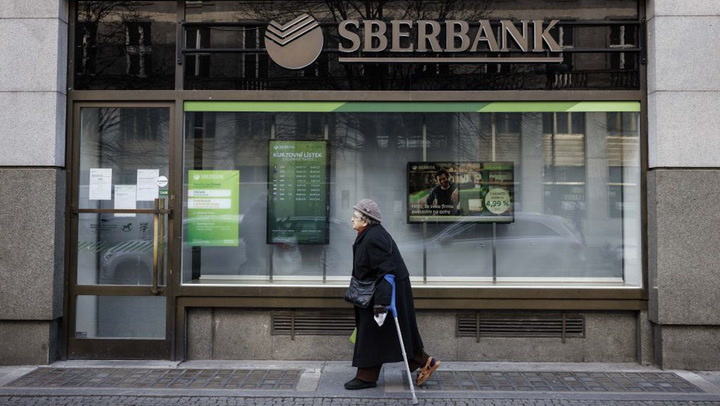Tax Pressure Is Growing in russia: Banks Will Be the First to Be Hit
9/21/2025

Against the background of the protracted war against Ukraine and the rapidly growing budget deficit (which amounted to 4.19 trillion rubles in the first eight months of 2025, almost four times more than planned), the only realistic scenario for maintaining russia’s financial stability remains another tax increase. Despite putin’s public promises not to increase the tax burden, authorities are already discussing raising the VAT rate from 20 % to 22 %. This decision, although contrary to previous statements, is inevitable: there is nowhere else to cut costs – either the army or social welfare, and neither option is being seriously considered.
VAT is the main source of revenue for the federal budget. In 2024, it accounted for almost 37 % of all revenues, or 13.5 trillion rubles. The rate was last changed in 2019, from 18 % to 20 %. Now, in order to reduce the deficit and maintain the budget rule, the government is forced to take this step again. Other taxes have already been raised, but their effect has been limited. The projected deficit for the end of 2025 ranges between 5 and 8 trillion rubles, making the 2.2 trillion (0.9 % of GDP) planned for 2026 a financial fantasy.
Banks will be the first to be hit: a draft law has been submitted to the state duma on a one-time tax on the excess profits of credit organizations in the amount of 10 %. The calculation mechanism repeats the 2023 model, when a similar tax on large companies brought 315 billion rubles to the budget. Banks are expected to contribute another 200 billion rubles, a paltry sum given the overall deficit.
These steps are not a strategy, but an attempt to plug holes. The tax on excess profits did not become a decisive source of income in 2023, and it will not become one now. The VAT increase is not a reform, but a systemic crisis.
